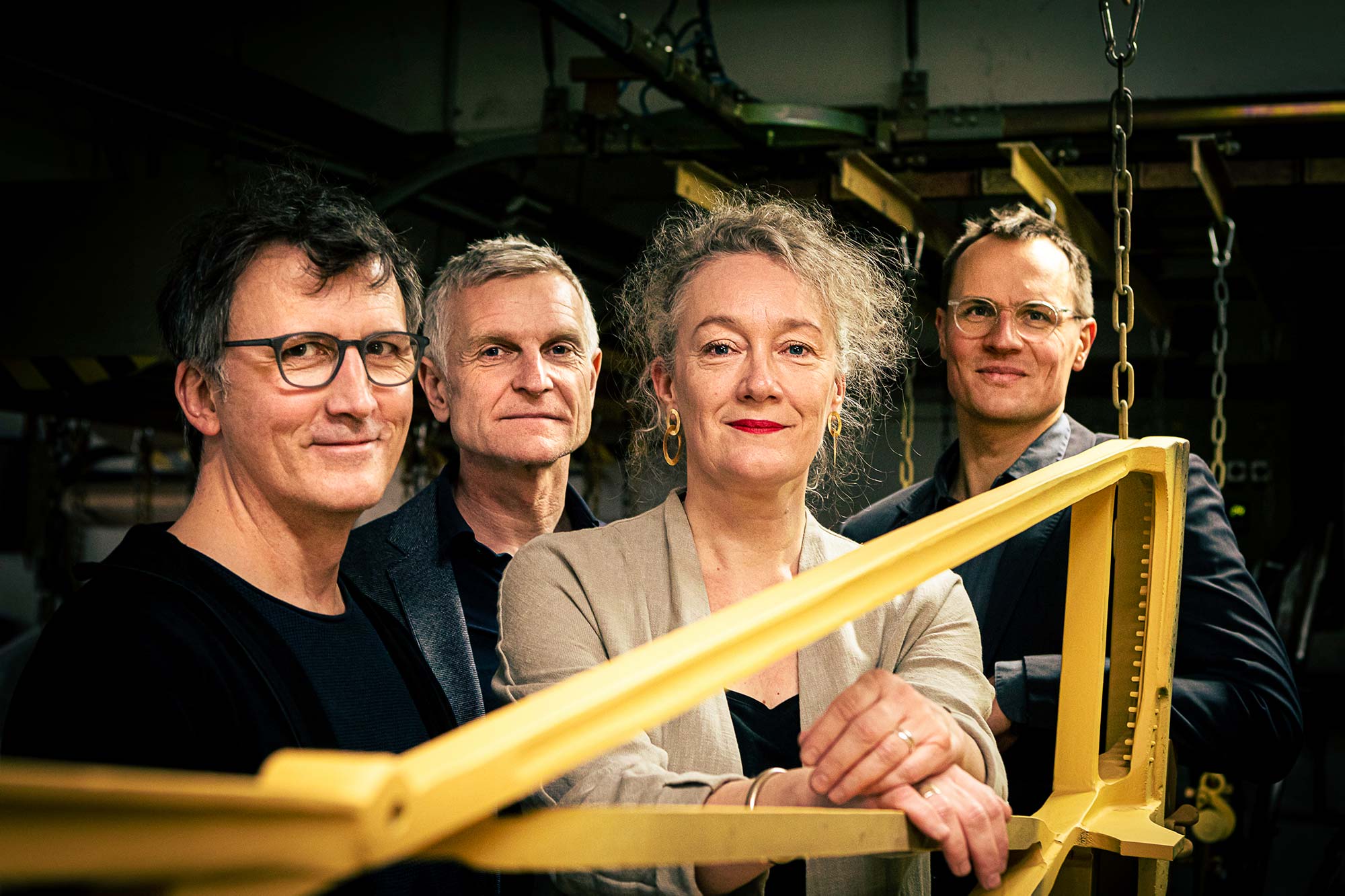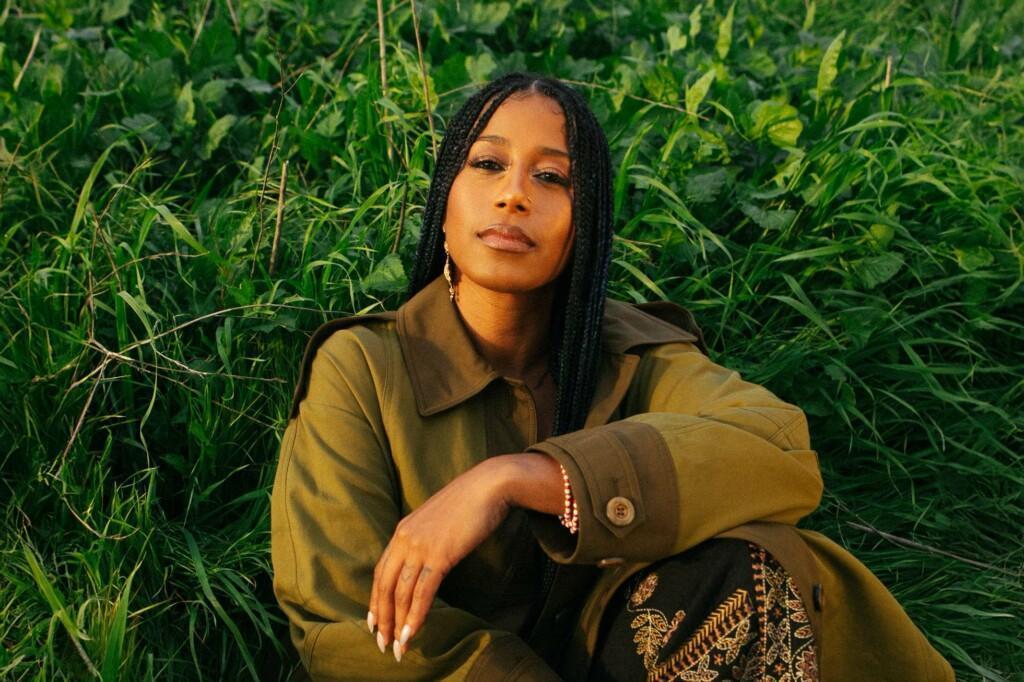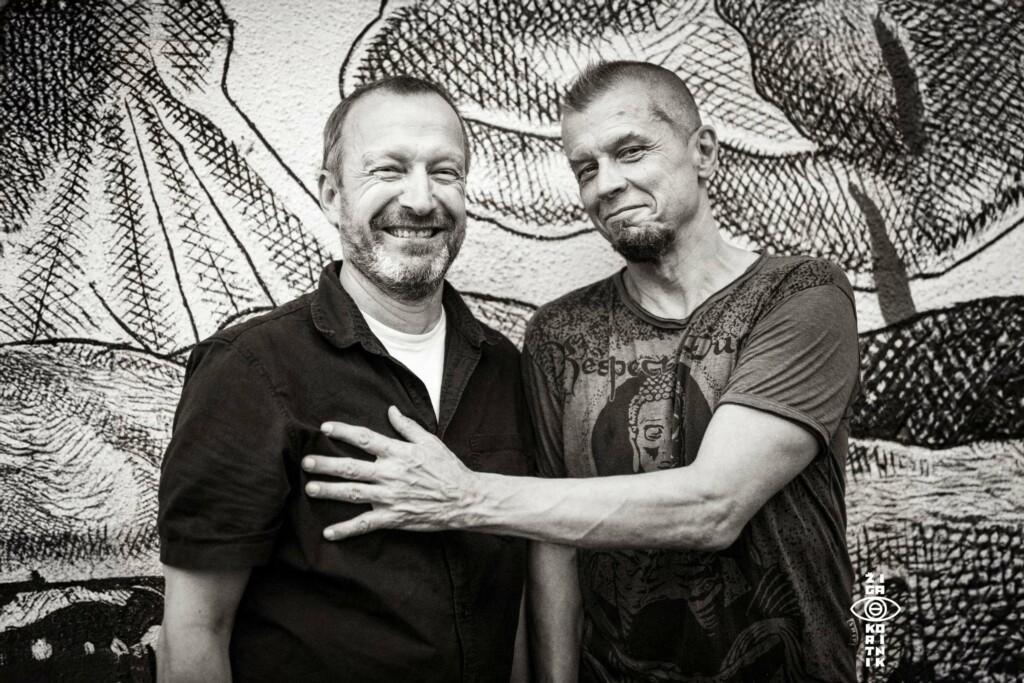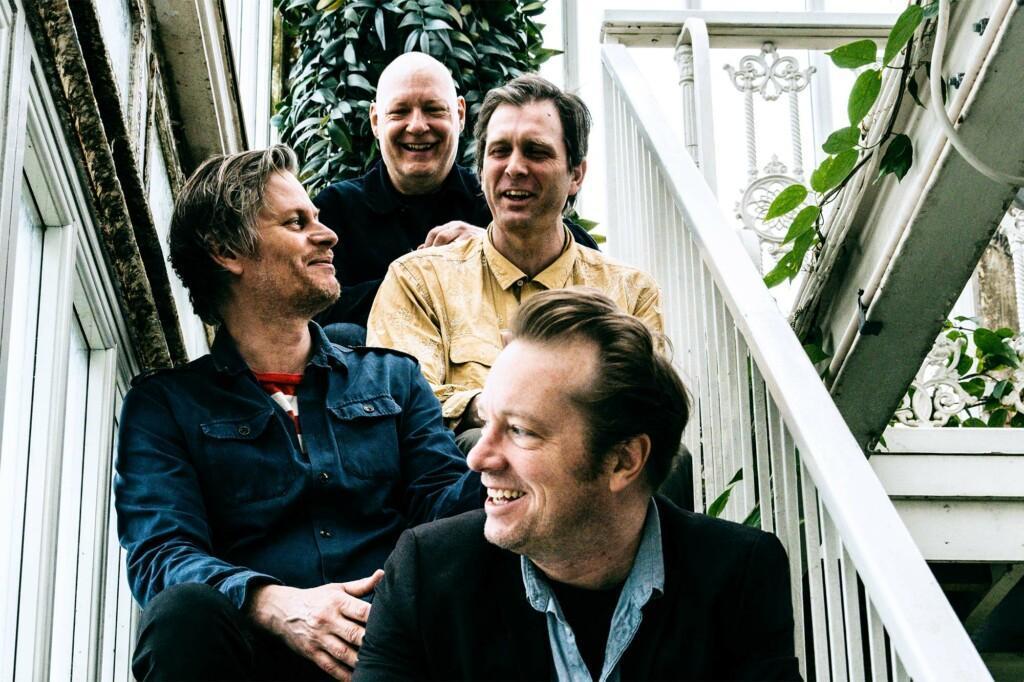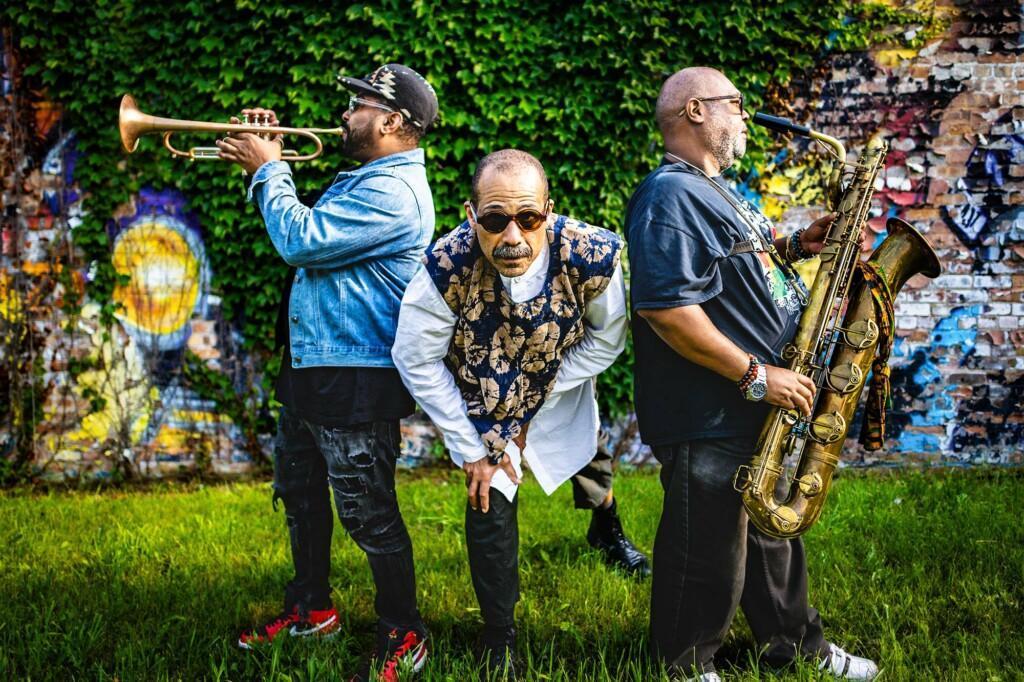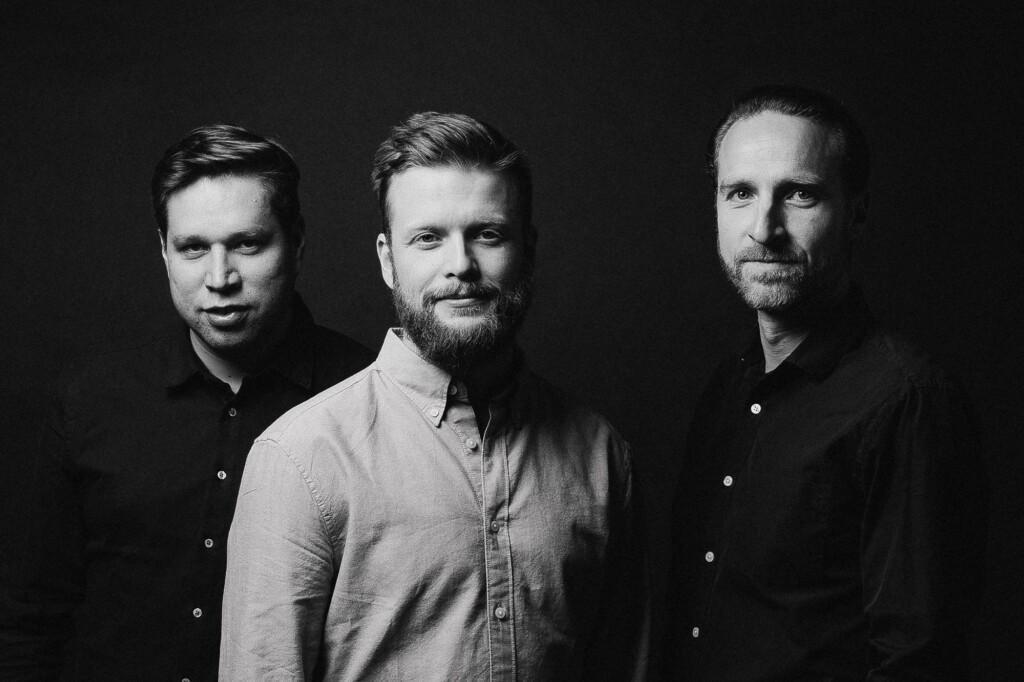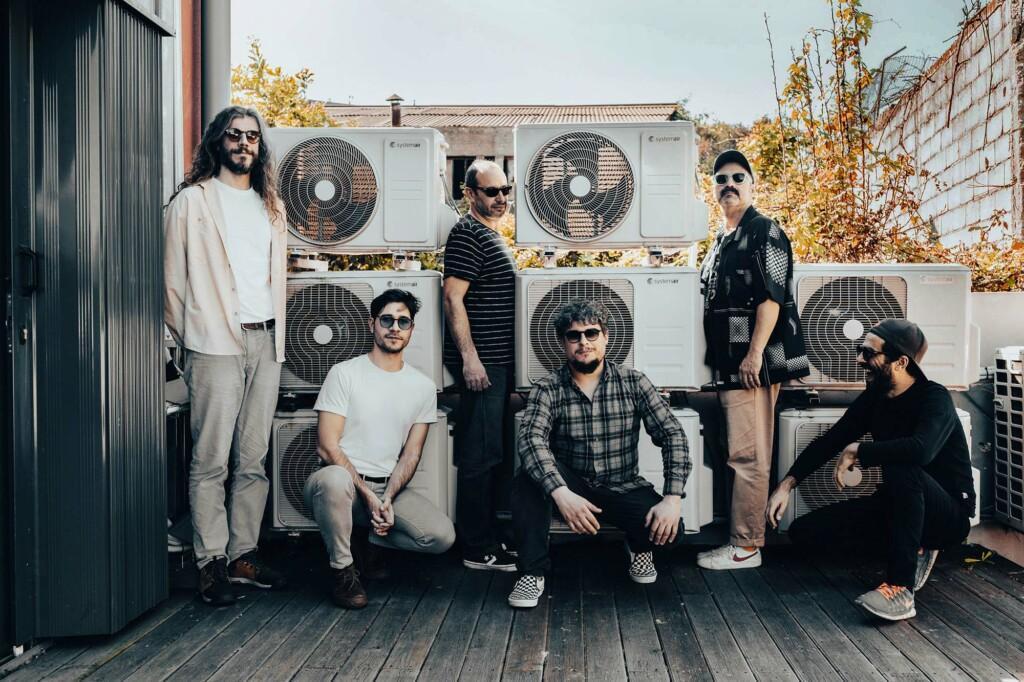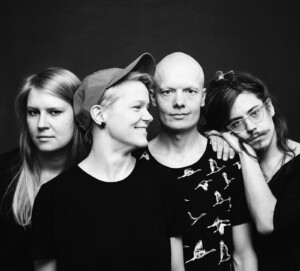Julia Hülsmann is one of Europe’s most successful jazz pianists, whose music has been described as poetic and airy. She has a strong connection to the melodies that can be sung, but also enjoys exploring different aspects of the music.
What’s happening?
There is always a lot happening in my life. Right now I am sitting at the Vienna Airport waiting for my flight to Jordan, where my trio will play 2 concerts and do workshops at the Amman Jazz Festival. I just played with a Swiss band – Sarah Chaksad Large Ensemble, in Austria. And of course, I am very much looking forward performing at Tampere Jazz Happening with my quartet, which at the moment is working on music for a new album.
The first evening of the Tampere Jazz Happening is dedicated to upcoming artists and bands from different parts of Europe. Last year the spotlight was on Norway and in 2021 it was on Belgium. This year the spotlight is on Germany with bands led by Kira Hummen, Fabian Dudek and Rebekka Salomea Ziegler. And there are also, later on, other bands from Germany: Kuu!, Janning Trumann X NOSACRUM, Daniel Erdmann’s Velvet Revolution and, of course, your quartet. We would like to know if, in your opinion, is there anything that could be called ”German jazz”, in the sense we might talk about ”Norwegian jazz”, ”French jazz” or even ”Italian jazz” with their (maybe) peculiar characteristics. In other words: What is German in ”German jazz”? Or is ”German jazz” only a concept that refers to origin or nationality of the musicians?
I’m not sure if there is anything like ‘’German Jazz’’. For sure there is a very lively jazz scene in Germany, which is a wonderful thing. I have the feeling it’s very international as well. Germany has lots of universities where you can study jazz – maybe that’s one reason why the scene is so versatile.
In the beginning of your recording career you worked quite a lot with singers, made even three albums with singers – and later on a fourth one with Theo Bleckmann. How has your fondness for songs and songwriters (Randy Newman and Police/Sting, I suppose) affected you as composer and performer? Are you looking for song-like qualities in your music or is the piano-led jazz trio/quartet a totally different vehicle?
My connection to melodies that can be sung is quite strong, I think. Of course, the music I write to lyrics is a bit different than the music for my instrumental quartet, but still I think the flow has a lot to do with my affinity to voice and singing. But I always have the feeling I would like to explore music in lots of different aspects: harmonically, rhythmically, form wise… so many ways to go… I love it.
You have made a strong mark with your albums on ECM and are a ”fixed figure” on the European scene, the winner of the German Jazz Prize 2021 for best instrumental album of the year. Still, have you ever doubted whether your decision for a career in jazz was right and would you recommend younger musicians to choose jazz as a career opportunity, even in the broadest sense of jazz? Also: how hard is it to survive as a jazz musician in Germany and what does it require?
I’m very thankful that I can play my music, I never took it for granted that it would work out. Of course, there were also difficult times and I might have doubted my decision to become a jazz musician. But in the long run, this life makes me happy. It’s really not easy for young jazz musicians these days, there are still not enough substantial subsidies for the jazz scene. The acceptance of jazz in German society is burdened with so many clichés and prejudices. But don’t let me get into culture politics – that’s a difficult place 🙂
What is going to happen?
I always enjoy writing music, that’s something I never get tired of. For the next year we will work on a new quartet album. But I have different projects, for example an octet with 3 singers, strings and rhythm group, we will bring out an album. And I work at the University of the Arts Berlin – lots of nice work there as well.
Julia Hülsmann Quartet
Sunday 5 November 2023 at 14.00
Pakkahuone

